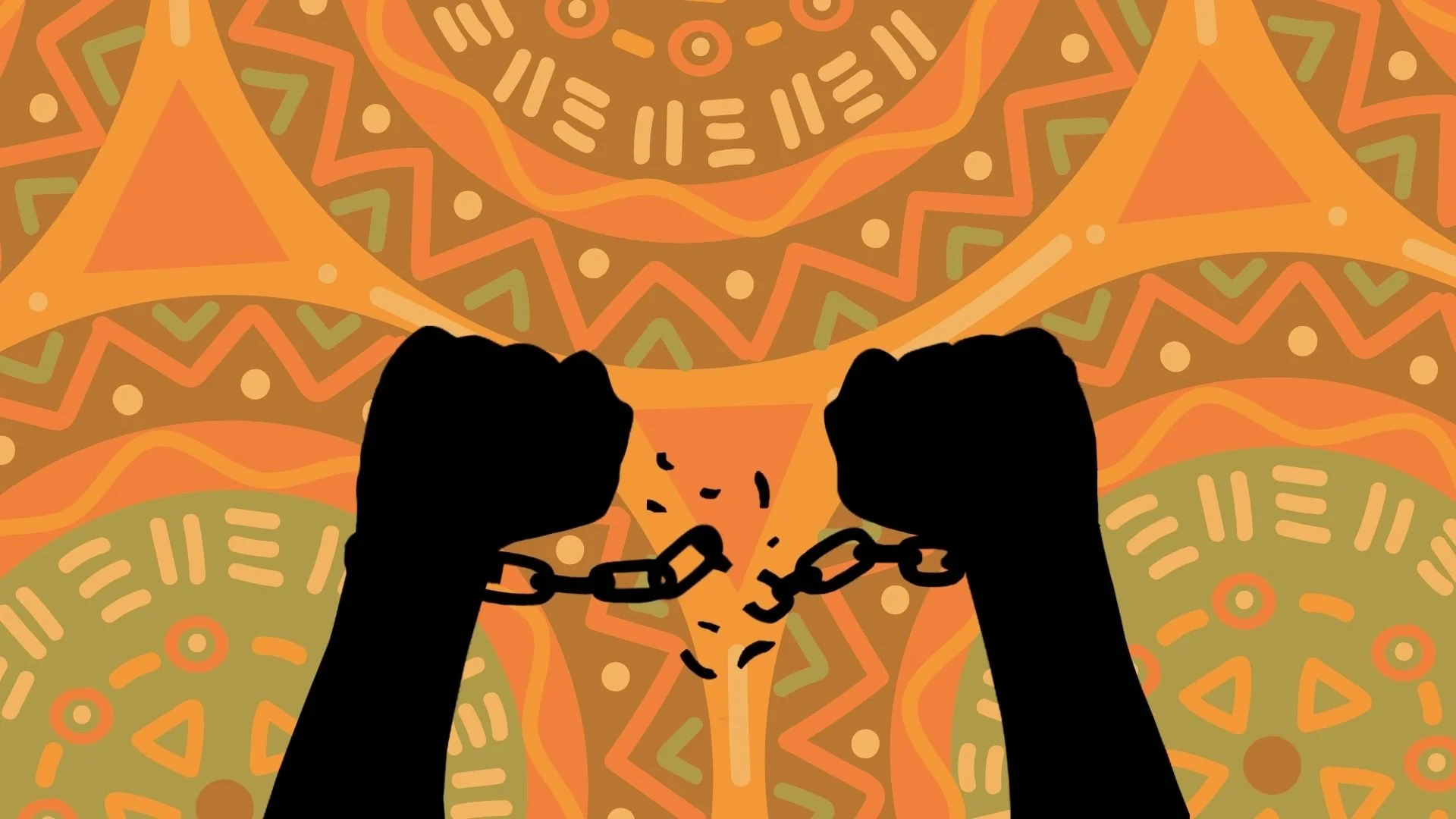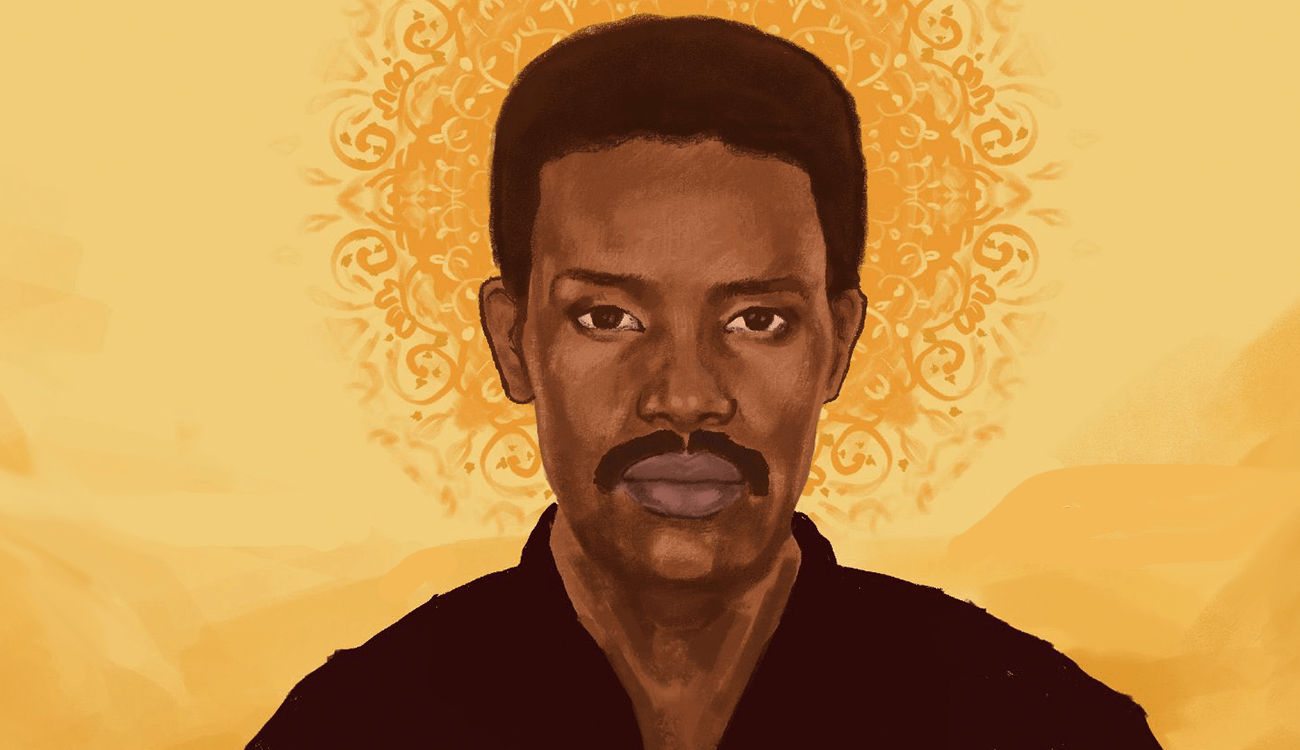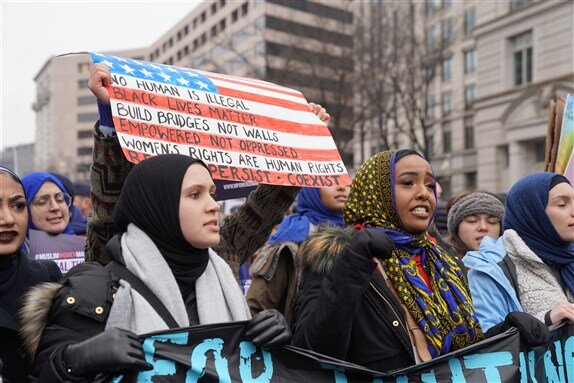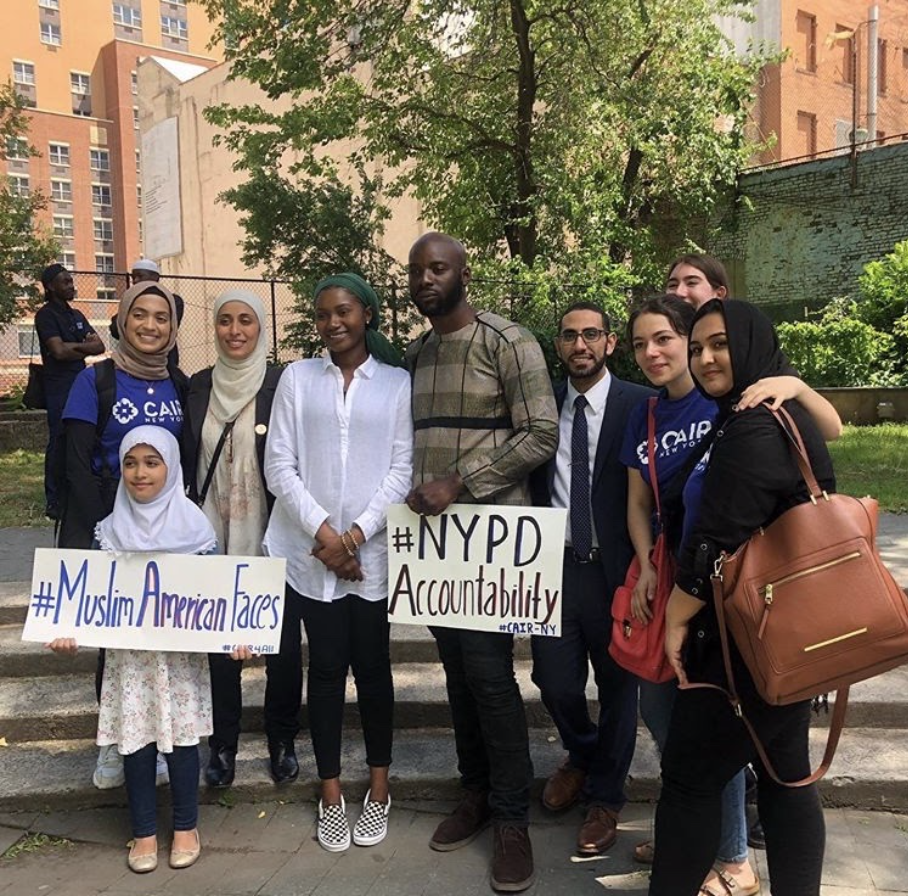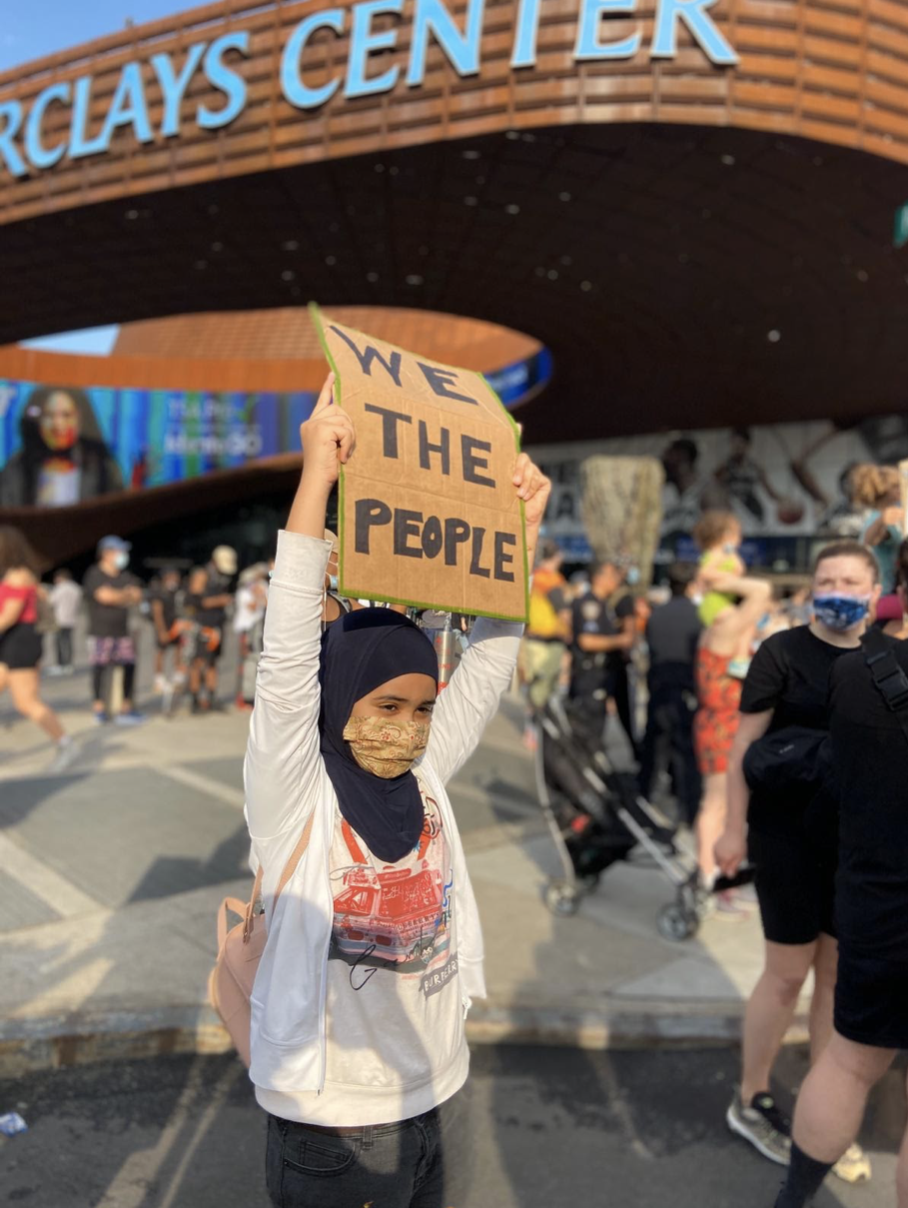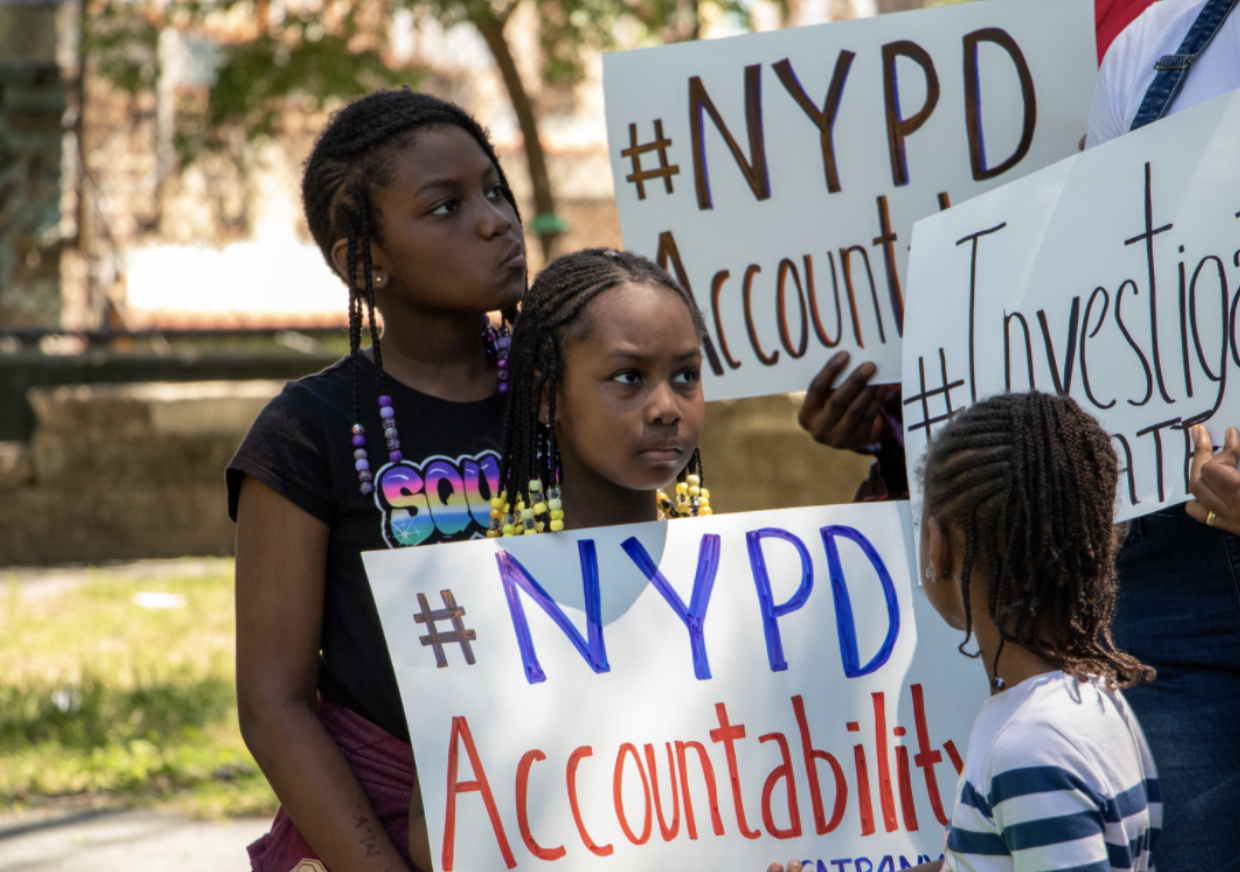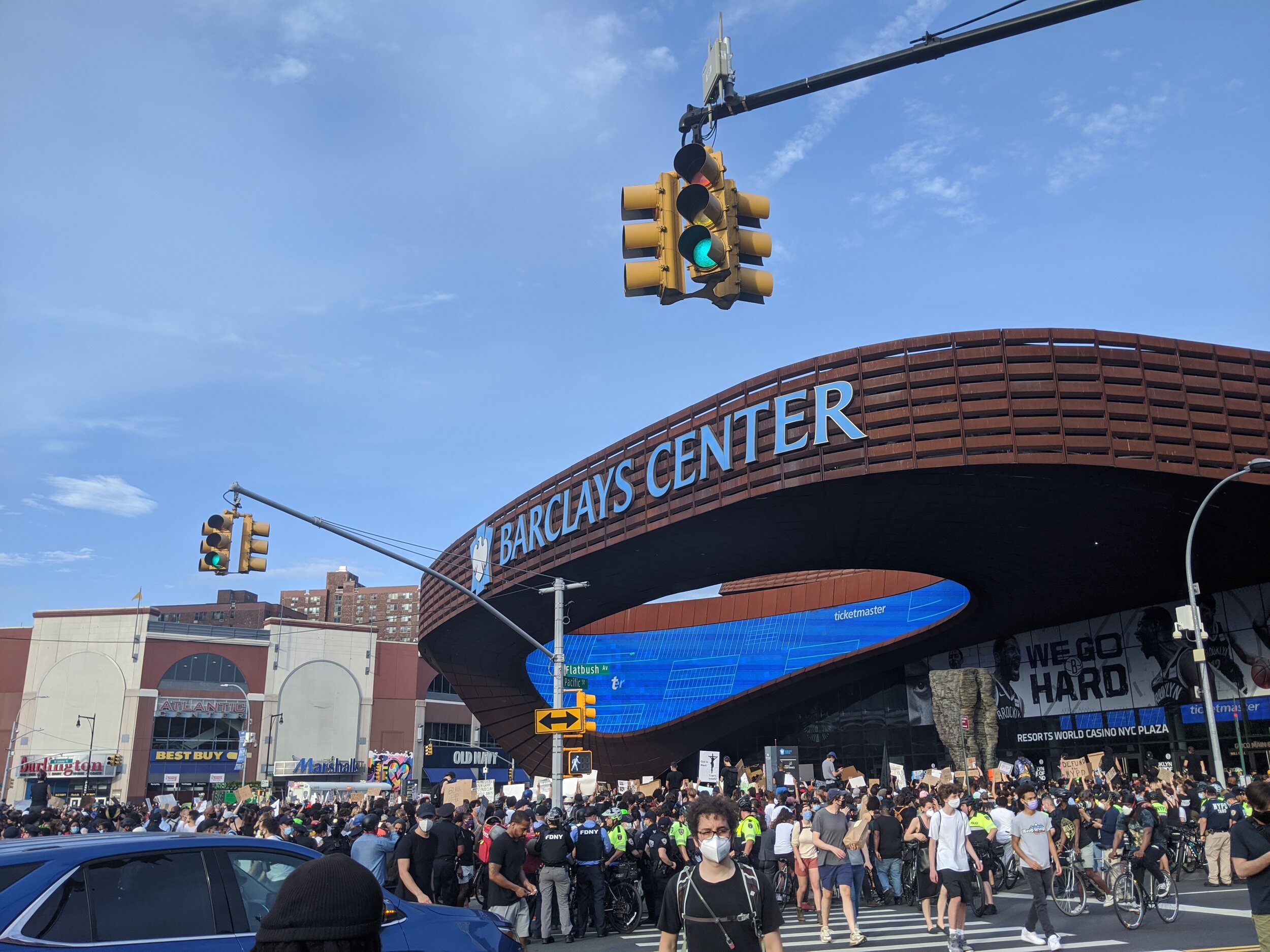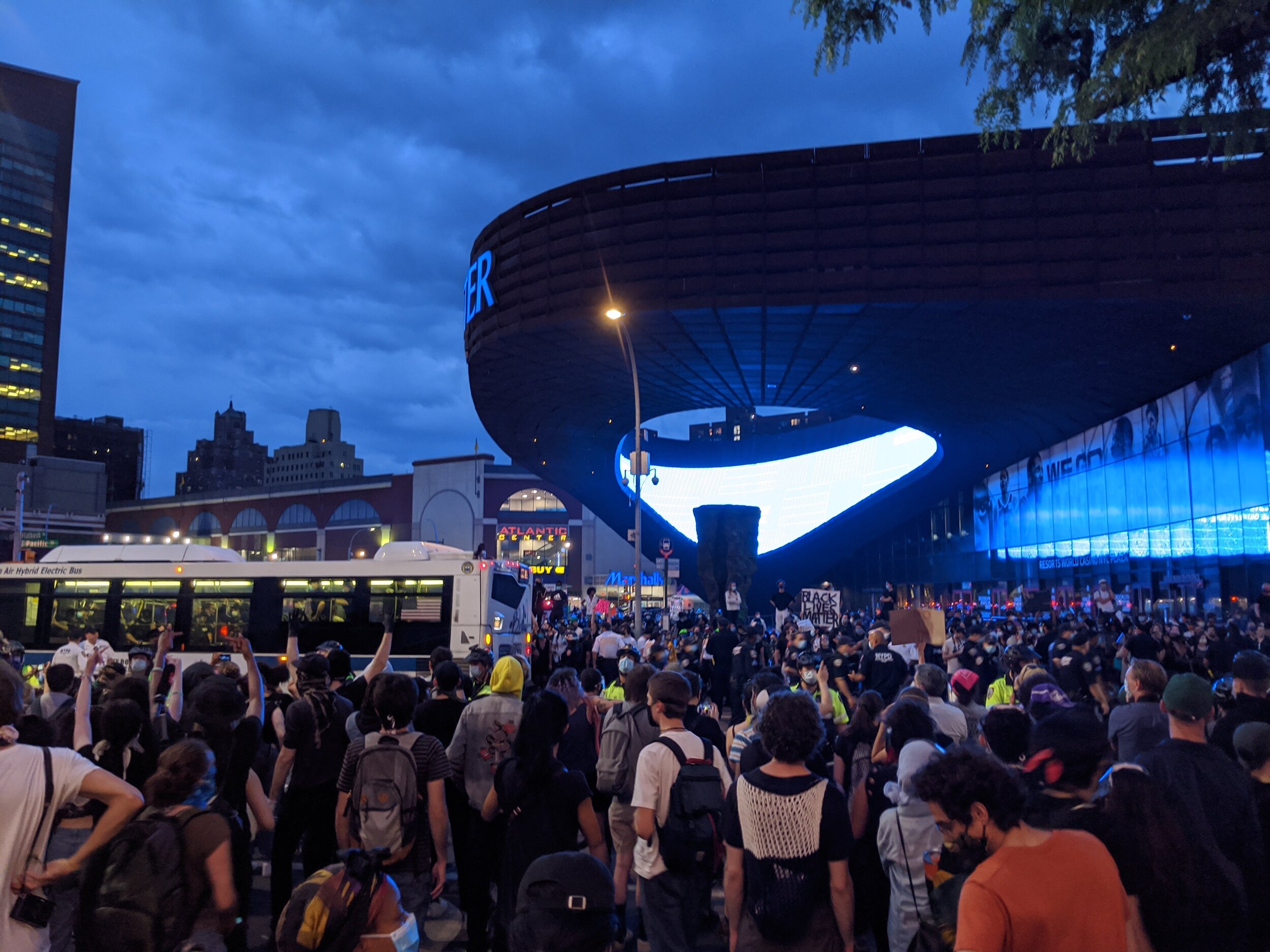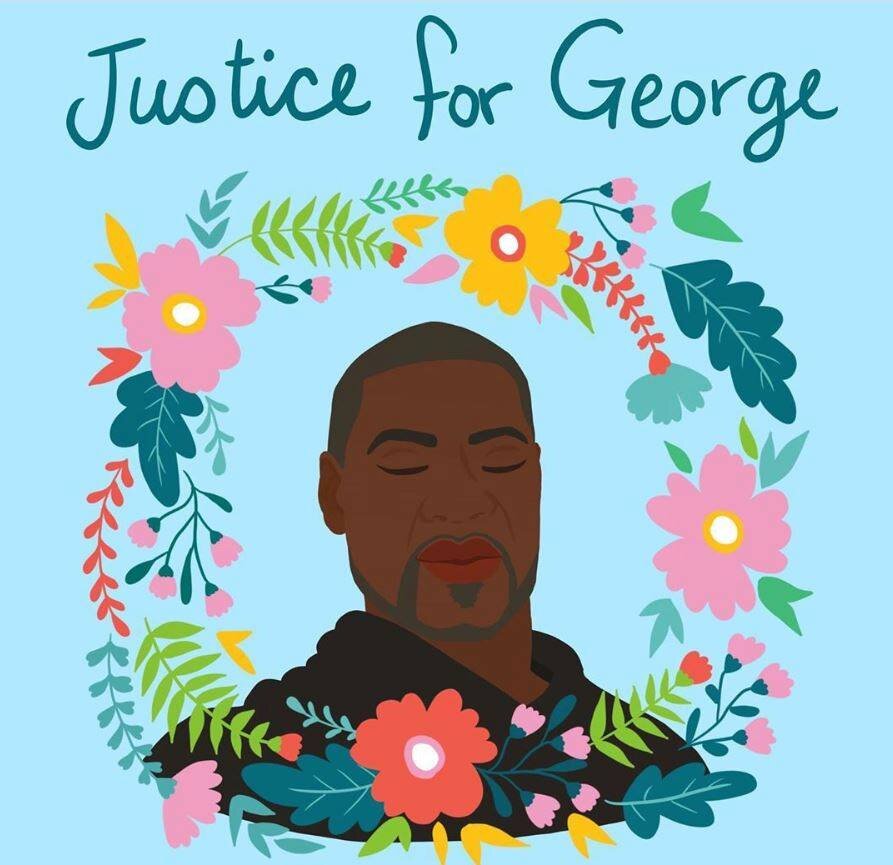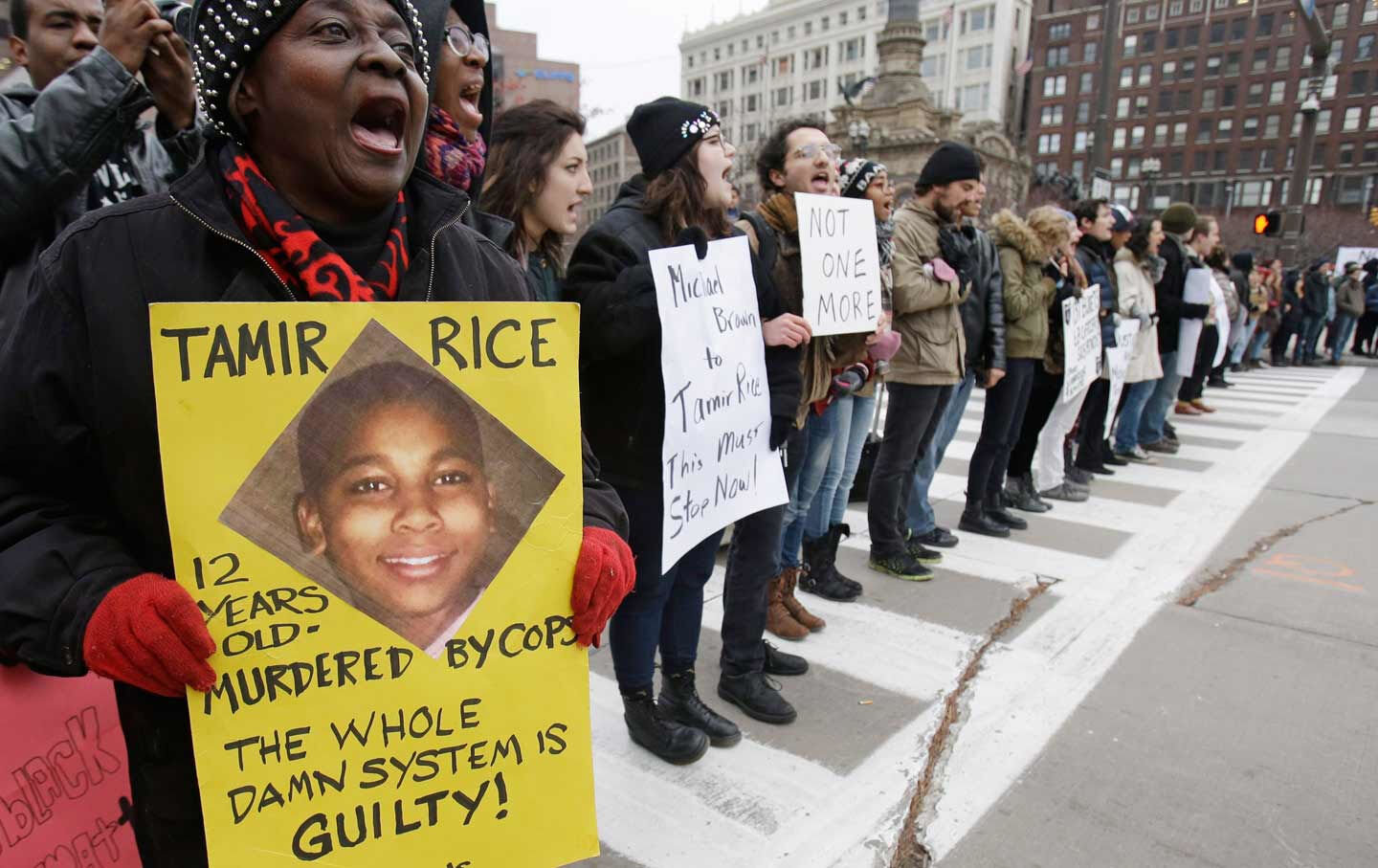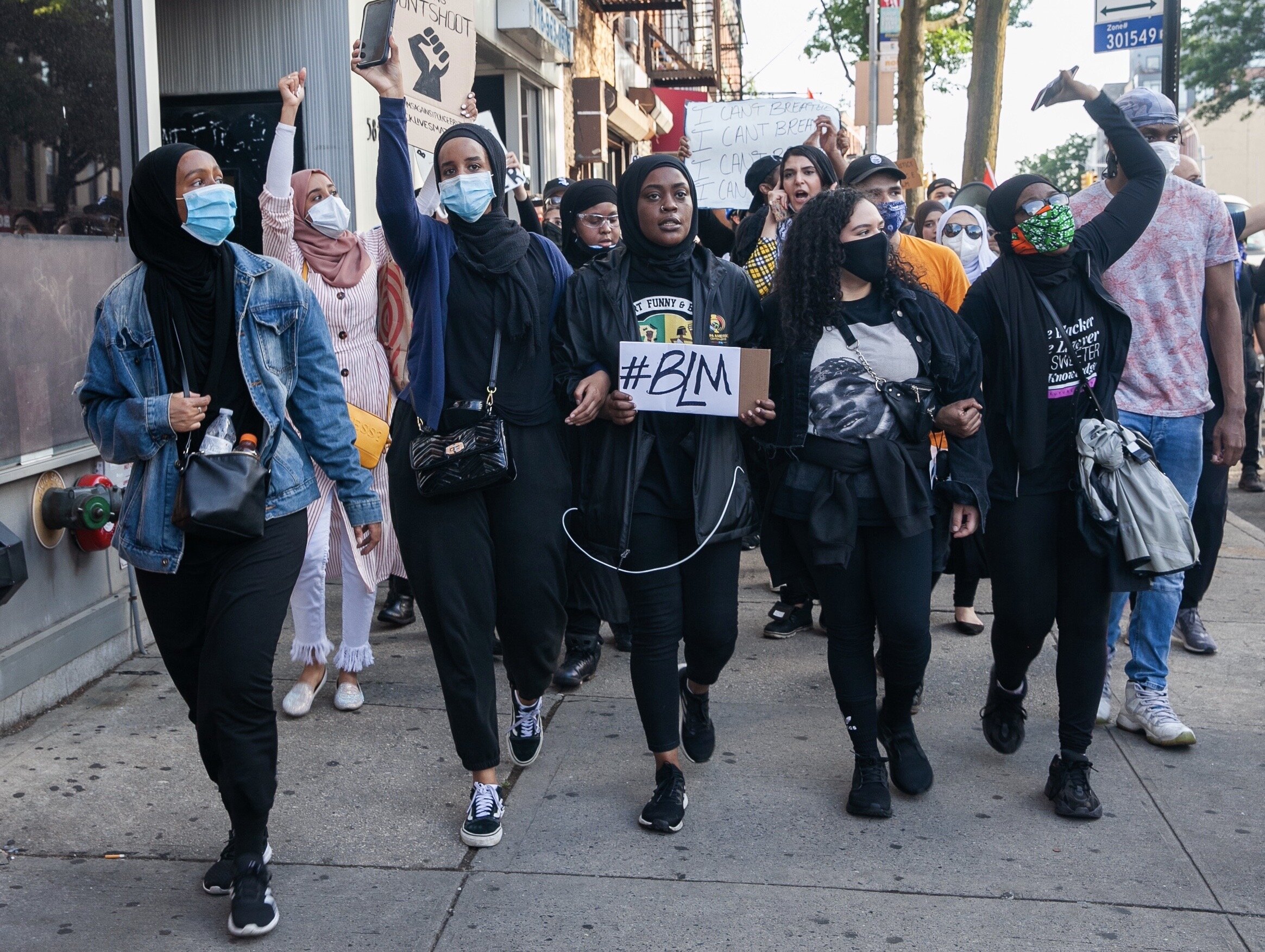Celebrating Juneteenth with Education and Reflection
What is Juneteenth?
Juneteenth, observed on June 19th, is the largest and most popular annual celebration of the emancipation of African Americans from enslavement in the United States. While rooted in history, Juneteenth’s significance is constantly evolving, and its observance is often at the center of civil rights and Black liberation movements, like the Black Lives Matter movement of today.
Historical Establishment of Juneteenth
The first Juneteenth was celebrated on June 19th, 1865 in Galveston, Texas. On that day, Union Soldiers led by Major General Gordon Granger landed on the shores of Galveston with news that the Civil War had ended, and that all enslaved persons were free. It’s important to note that this news arrived two years after President Lincoln declared the Emancipation Proclamation. Until the arrival of Union troops in 1865, the President’s Executive Order (meant to go into effect on January 1st, 1863), was not at all enforced in the state of Texas. The following declaration by General Granger effectively expanded the Emancipation Proclamation to those enslaved in Texas:
"The people of Texas are informed that in accordance with a Proclamation from the Executive of the United States, all slaves are free. This involves an absolute equality of rights and rights of property between former masters and slaves, and the connection heretofore existing between them becomes that between employer and hired laborer."
Cultural Observance of Juneteenth
This sudden and profound declaration on June 19th prompted the swift movement of enslaved African Americans to flee plantations. Often with no decisive place to go, many chose to move north towards “true freedom,” or to reunite with family members in neighboring states. With these new social settings, landscapes, and economic realities came incalculable uncertainty and fragility for formerly enslaved persons. Juneteenth, and its annual festivities, became a source of release from these mounting social pressures. During the late 19th century, fantastic Juneteenth celebrations could draw up to 20,000 attendees within a single week.
At the opening of the 20th century, however; observance dropped dramatically as African-Americans migrated to Northern Cities, into social environments that did not structurally recognize Juneteenth’s significance. Then, beginning in the 1950s, Juneteenth began to see a drastic resurgence. During eras like the Civil Rights Movement, Juneteenth celebrations have tethered the ongoing struggle for racial equality in the present with the historical battle of Black ancestry against enslavement and oppression. Today, Juneteenth celebrates African American freedom and achievement, while seamlessly connecting this history to the imperative of respecting all cultures in the present.

